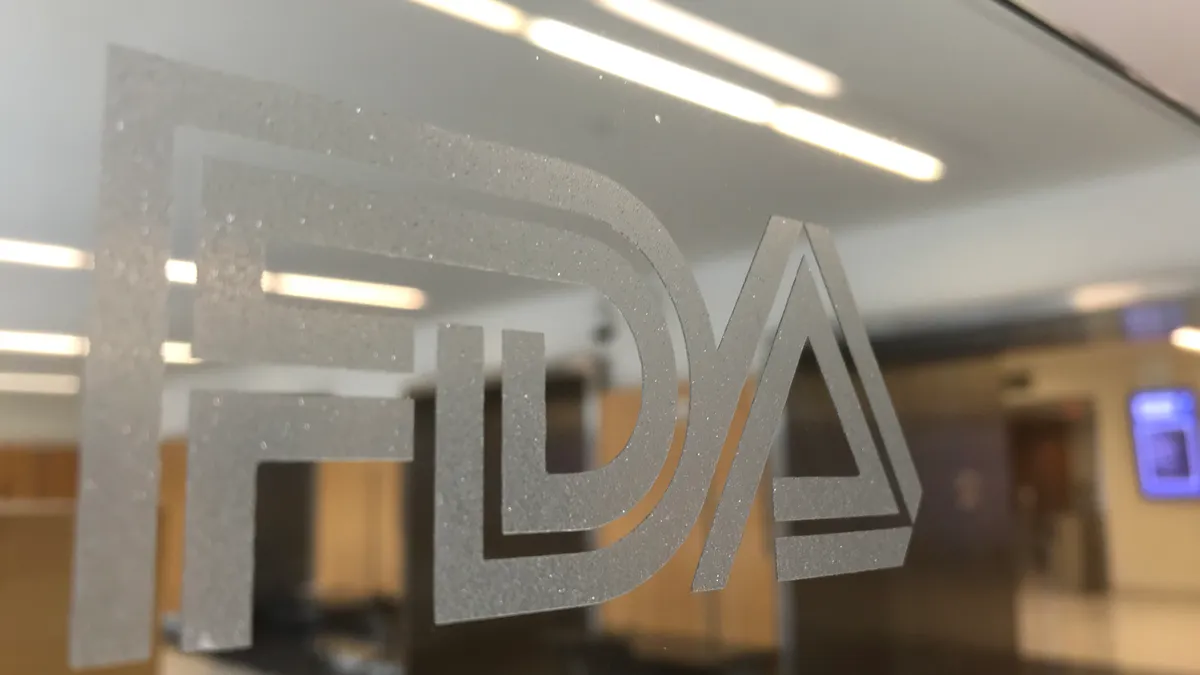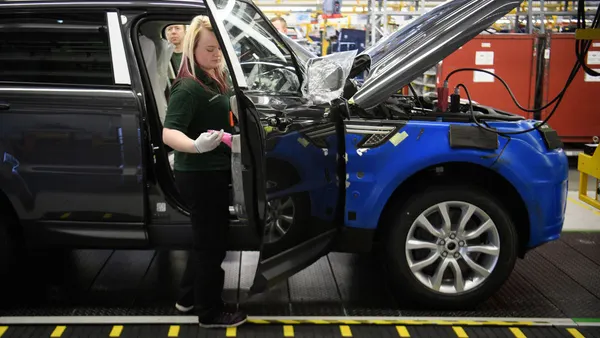Dive Brief:
- The Food and Drug Administration will test new methods to improve the traceability of the drug supply from drug manufacturers to repackagers and other members of the pharmaceutical supply chain as part of a pilot project, according to an agency press release.
- The pilot will inform the creation of an electronic track-and-trace system that will be put in place beginning in 2023 as required by the Drug Supply Chain Security Act. The FDA specifically highlighted blockchain as one of the methods being tested.
- The final track-and-trace system will have "fully secure electronic product tracing, which provides a step-by-step account of where a drug product has been located and who has handled it; establish a more robust product verification to ensure that a drug product is legitimate and unaltered; and to make sure that any party involved in handling drugs in the supply chain must have the ability to spot and quarantine and investigate any suspect drug," FDA Commissioner Scott Gottlieb said in a statement.
Dive Insight:
The track-and-trace system is meant to keep legitimate drugs from being diverted off the legal market and to keep counterfeit drugs from making their way into the legal pharmaceutical supply.
The pilot project will look at the specific ways of identifying packages, like the product identifier or barcode, and will consider other aspects of the system like interoperability, specific data formatting and verification.
The FDA began accepting applications to participate in the pilot last week and will continue until March 11. The length of the pilot will depend on what projects are accepted and how long they take to complete, but it should not exceed six months, according to a notice on the Federal Register.
"We’re invested in exploring new ways to improve traceability, in some cases using the same technologies that can enhance drug supply chain security, like the use of blockchain," Gottlieb said.
SAP recently announced it was introducing a blockchain technology specifically for this application of drug tracking. The technology allows the manufacturer to enter information about drug onto the blockchain where it can be traced using the barcode.
The lack of traceability within the drug supply chain is a global issue. Counterfeit drugs cause about 1 million deaths a year worldwide and generate more revenue in trade than any other "illegally copied goods," according to a report from PwC.
The FDA expects this pilot to provide insight beyond just the pharmaceutical supply. "We’re also focused on making improvements across the other products we regulate, especially related to food and our ability to address foodborne outbreaks," Gottlieb said.













